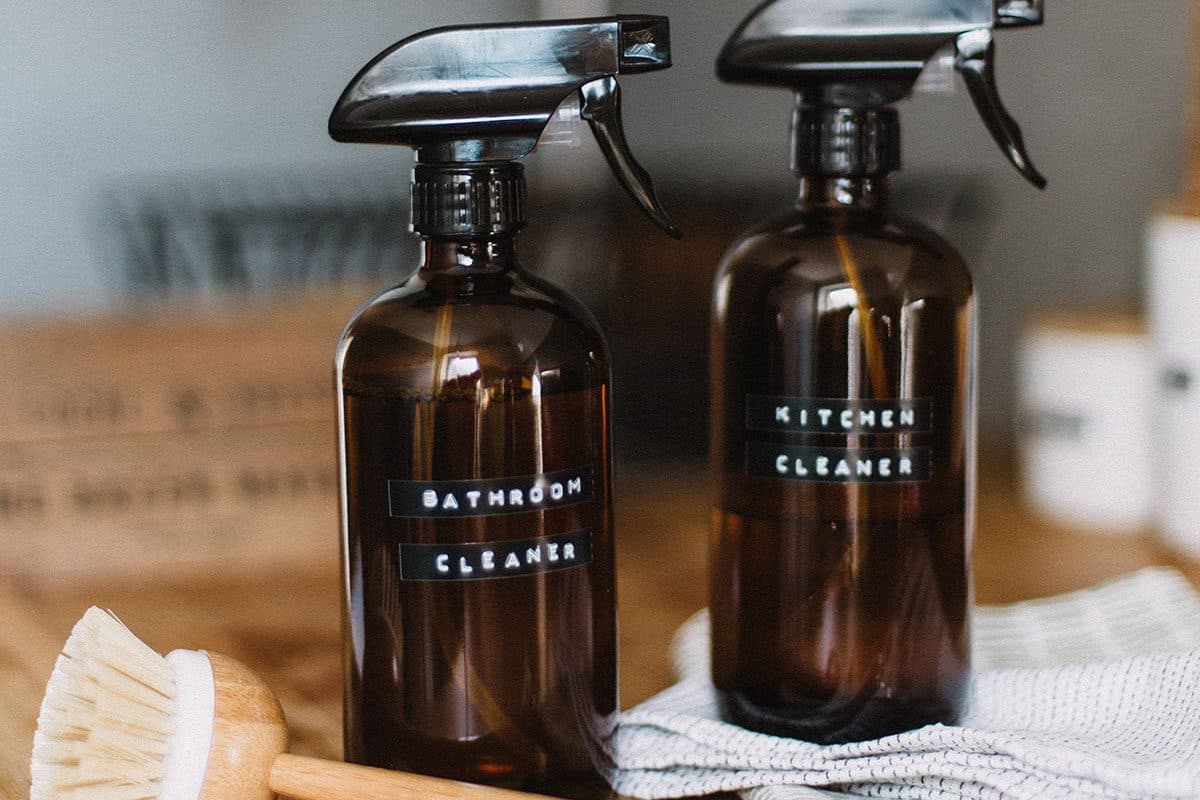The Ultimate Guide to Zero-Waste Living: Tips, Tricks, and Essentials



Zero-waste living is a lifestyle choice that aims to minimize waste production and resource consumption. This guide will introduce you to the principles of zero-waste living, provide practical tips to get started, and recommend essential products to help you transition to a more sustainable lifestyle.
Understanding the Zero-Waste Philosophy:
The zero-waste movement is based on the principle of circular economy, which strives to eliminate waste by designing products and systems that keep resources in use for as long as possible. By adopting a zero-waste lifestyle, you're committing to reducing your personal waste production and making conscious choices to minimize your environmental impact.
Tips for Zero-Waste Living:
- Refuse: Politely refuse items you don't need, such as single-use plastics, disposable cutlery, or promotional materials.
- Reduce: Minimize your consumption and focus on buying only what you truly need.
- Reuse: Choose reusable products and repurpose items whenever possible.
- Recycle: Properly recycle materials that cannot be reused, and research local recycling guidelines.
- Rot: Compost your food scraps and biodegradable waste.
Essential Zero-Waste Products:
- Reusable shopping bags: Replace single-use plastic bags with durable, reusable options.
- Reusable water bottles and coffee cups: Eliminate the need for disposable bottles and cups by carrying your own.
- Reusable food containers and beeswax wraps: Store food in reusable containers and use beeswax wraps instead of plastic wrap.
- Bamboo toothbrushes and safety razors: Choose eco-friendly personal care products that can be composted or recycled.
- Cloth napkins, towels, and cleaning rags: Replace disposable paper products with washable cloth alternatives.
Zero-Waste Shopping:
- Shop at local farmers' markets or bulk food stores to reduce packaging waste. Bring your reusable bags, containers, and produce bags for a zero-waste shopping experience.
- Choose products with minimal or recyclable packaging.
Zero-Waste Home:
- Make your own cleaning products using natural ingredients like vinegar, baking soda, and lemon.
- Invest in energy-efficient appliances and LED light bulbs.
- Install a water-saving showerhead and faucet aerator.
Zero-Waste Personal Care:
- Opt for solid shampoo and conditioner bars, which come in minimal or compostable packaging.
- Make your own toothpaste or purchase toothpaste in recyclable packaging.
- Choose reusable menstrual products like menstrual cups or cloth pads.
Zero-Waste Travel:
- Carry a zero-waste kit with reusable utensils, water bottles, and food containers.
- Use refillable travel-sized bottles for personal care products.
- Opt for eco-friendly accommodations and activities that prioritize sustainability.
Conclusion:
Transitioning to a zero-waste lifestyle may seem challenging, but with small, incremental changes and a commitment to continuous improvement, you can significantly reduce your waste production and minimize your environmental impact. By adopting zero-waste habits and investing in eco-friendly products, you're contributing to a healthier planet and a more sustainable future.